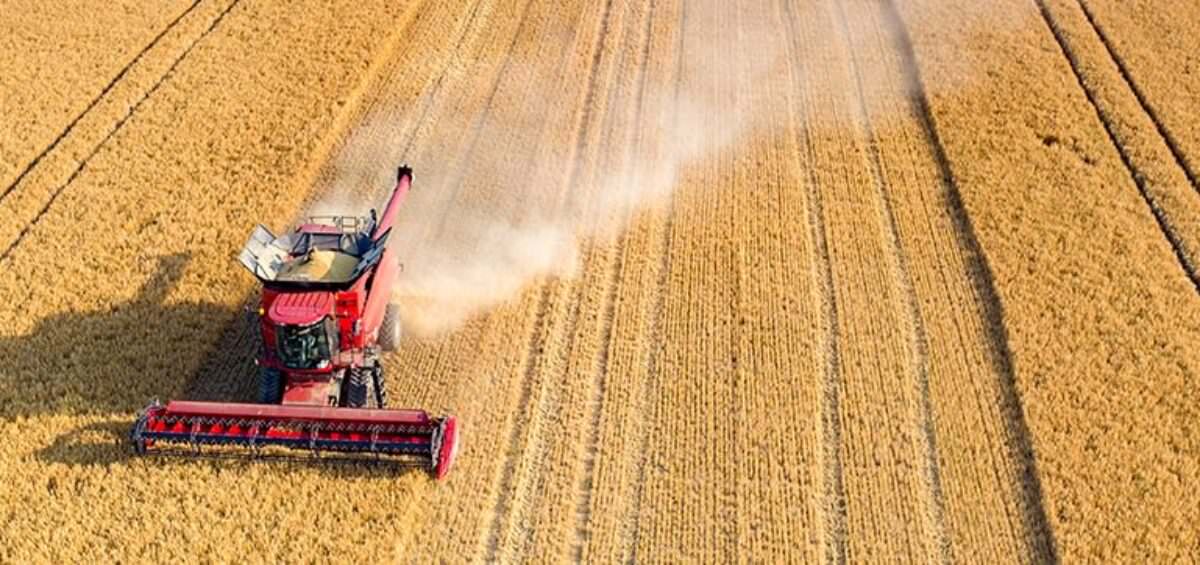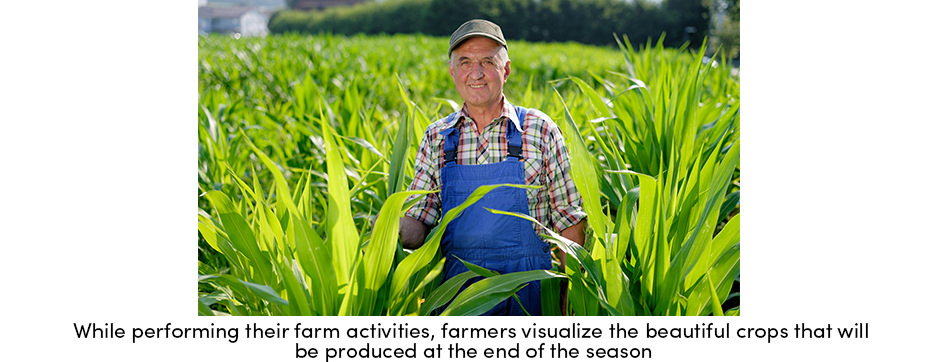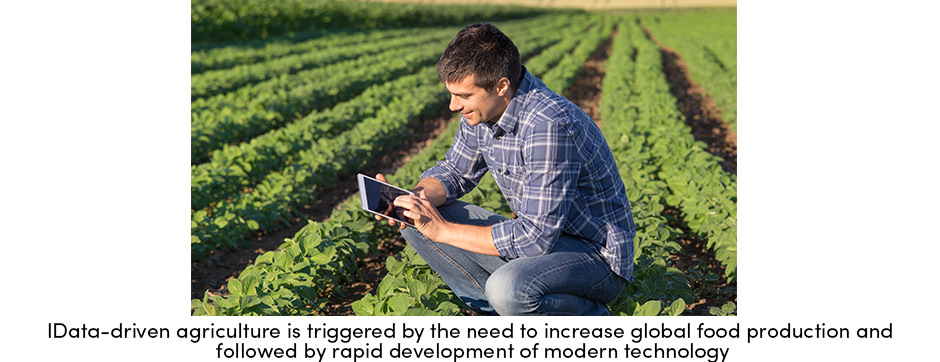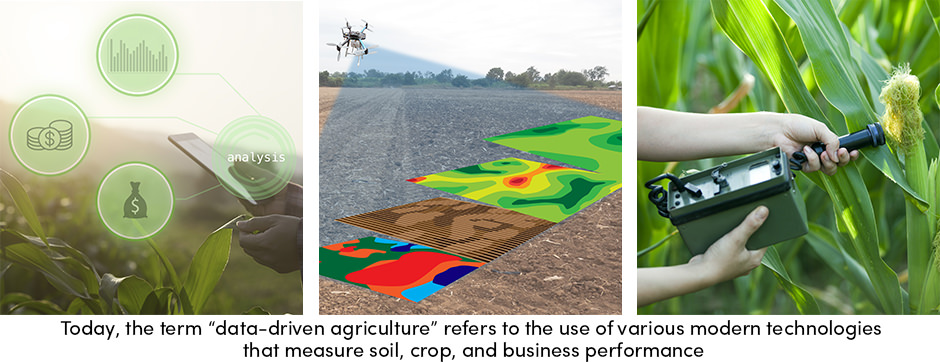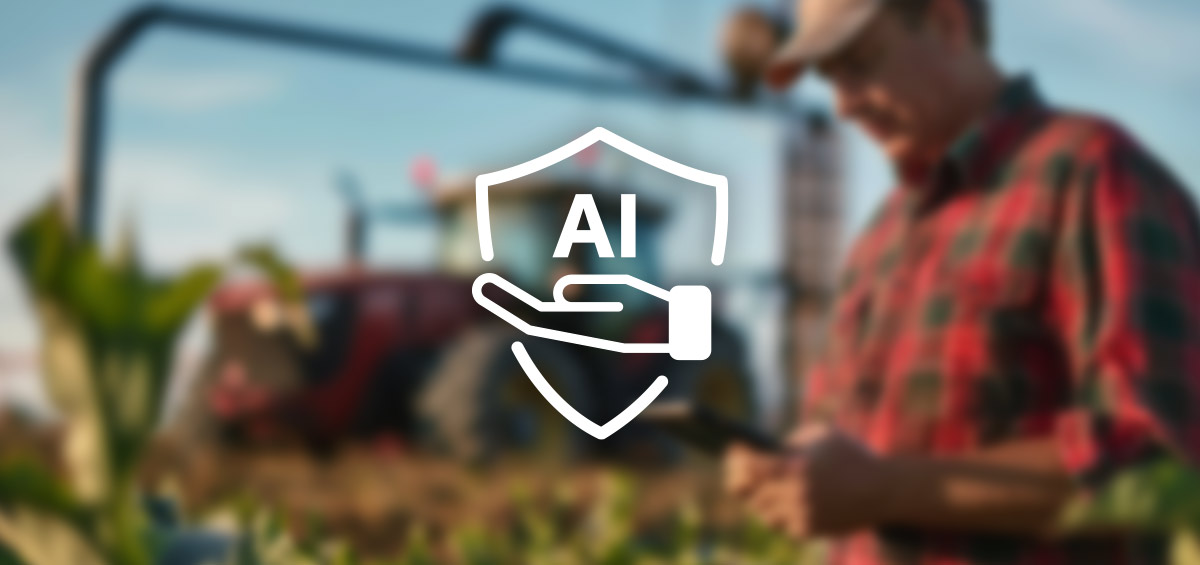In their journey towards high yield, quality crops, and high profit, farmers have to be successful as both, growers and businessmen. This means that they have to be well-informed agronomists who are open-minded to good farm practices and farm innovations.
Farmers have to be successful as both, growers and businessmen.
In addition to their agronomy skills, farmers also need to have a sense of sales and financials. However, one of the key factors for achieving a successful farm business is having a well-managed decision-making process that is based on data.
What Is Data-Driven Farm Management?
Data-driven farm management is a relatively new approach to agriculture which is becoming increasingly popular among farmers. This new concept of managing a farm business occurred due to the strong need to change the way food is produced.
As the global population continues to grow and resources are becoming more exhausted, farmers are faced with the challenge to produce more, with less. In other words, data-driven agriculture occurred as a solution for increasing farm productivity per area and better utilization of farm resources.
Followed by rapid development of modern technology, data-driven farm management supports farmers to measure all aspects of their business, from soil and crop performance to financials. That way, farmers are able to make business decisions based on data, instead of relying on gut-feeling. After all, having an insight into data is crucial for increasing farmer’s productivity, sustainability, and finally, profitability.
Data-driven farm management means making decisions based on data instead of gut-feeling.
How to Practice Data-Driven Decision Making?
Theoretically, every farmer who makes decisions based on true and real-time facts is data-driven. For instance, farmers who fertilize their crops based on soil analysis results, are data-driven. However, today the term “data-driven farming” usually includes using various modern technologies which collect precise and accurate farm data, such as:
- Soil and crop sensors; that measure various soil and crop conditions (i.e. soil moisture sensors help farmers manage irrigation more precisely)
- Variable rate technology; provides the application of the right amount of inputs (such as seeds, fertilizers or pesticides) based on the requirements of each part of the field
- Yield mapping technology; collects the spatial data about the yield and other crop characteristics during the harvest
- Weather stations; for tracking weather conditions
- Farm management software; a cloud-based technology for tracking, collecting and analyzing the entire process of farm production
Data-driven farm managers measure all aspects of their business, from soil and crop performance to financials.
Each of the aforementioned technologies will provide a farmer a few pieces of information. Regardless of the method of data collection, the only important thing is that a farmer has access to accurate and fact-based support for making business decisions. Yet, one method for collecting the data stands out. It’s a farm management software that gathers all farm data in one central place.
Farm management software, such as AGRIVI, enables farmers to collect the data about soil and crop performance, weather conditions, KPIs and other business performance indicators. A simple, and user-friendly solution such as AGRIVI, can turn every farmer into a successful farm manager.
After all, managing a farm without measuring key crop, soil and business performance indicators is like driving a car without checking the fuel; you never know when you will stop.
